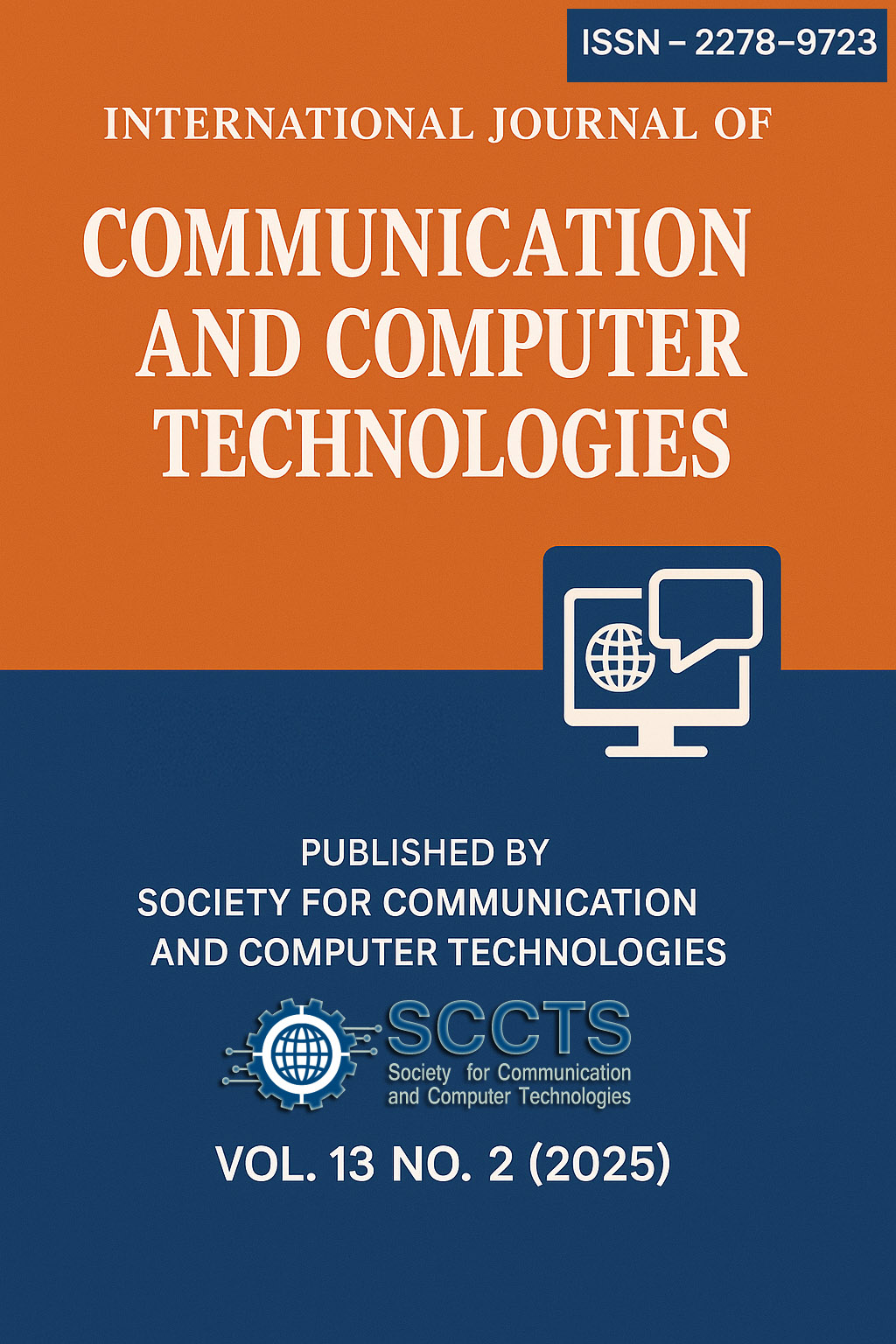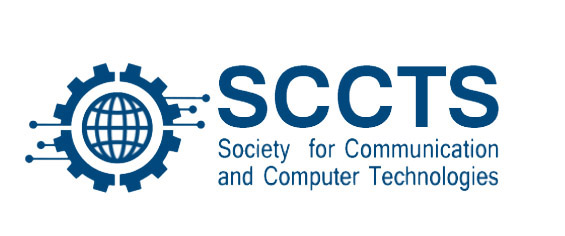Potential QkD Protocols and Secure Links within Quantum Networks
Keywords:
Covert communication; EnCipherment; Interaction; Networks; ProtocolsAbstract
Quantum Key Distribution (QKD) acts as a revolutionary model for secure communication in quantum networks due to its capacity to offer maximum security compared to other methods of data transfer that are informed by the principles of quantum mechanics. This abstract also tries to discuss the essential requirements of QKD for both BB84 and E91 focusing on Q states and entangled photon pairs that allow two separated parties to establish mutually agreed secure keys. Quantum mechanics does not allow the cloning of states – the no-cloning theorem – which increases security of the channel and QKD immunity to traditional hacking. In addition, exploring the incorporation of QKD into current [communication] systems and discussing the issues, as well as the progress made in the encouraging implementation of those protocols in very long distances. The study focuses on designing effective QKD
systems that can cater for increasing demands for secure communication in fields such as finance, health care and defense. This piece of work will try to look at both theoretical and practical approaches to QKD so as to lay down the foundation for the future of secure connection in quantum network thus fulfilling its goal of ensuring that sensitive information is protected against such threats as we see the world going becoming more and more reliant on technology.
Downloads
Published
How to Cite
Issue
Section
License
Copyright (c) 2024 International Journal of communication and computer Technologies

This work is licensed under a Creative Commons Attribution-NonCommercial-ShareAlike 4.0 International License.





 The articles in Worldwide Medicine are open access articles licensed under the terms of the
The articles in Worldwide Medicine are open access articles licensed under the terms of the 